Emily Thornberry knocked out of Labour leadership race
The shadow foreign secretary, Emily Thornberry, has been knocked out of the Labour leadership race after failing to obtain enough nominations.
By the midnight February 14 deadline, Thornberry had only secured 31 nominations from local constituency parties - two short of the 33 obligatory nominations.
Thornberry’s elimination leaves only three candidates in the race to succeed outgoing leader, Jeremy Corbyn.
The leading contenders are the shadow business secretary, Rebecca Long-Bailey, and the former shadow Brexit secretary, Keir Starmer. The former shadow energy secretary, Lisa Nandy, has also made it to the last stage of the leadership race.
The three candidates represent different political wings and ideological strands of the Labour party.
Long-Bailey is a left-winger and Corbyn ally but she denies being a “continuity” candidate and to that end she has tried to set out an original political canvass.
Long-Bailey is popular with the unions – historically the most important pillar of the Labour party – as well as with the most energetic segments of the party rank and file. Indeed, she enjoys the support of the campaigning and pressure group Momentum
By contrast, Keir Starmer represents the party’s centre ground, at least in policy terms. A former director of public prosecutions, Starmer is more popular with the parliamentary Labour party than with the party’s the rank and file.
Meanwhile, Nandy is situated in the right wing of the party and she has been critical of most of Corbyn’s policies.
Online and postal ballots of Labour party members and registered supporters open on February 24 before the final result is announced at a special conference in London on April 04.
Hezbollah strikes Israeli bases with drones, missiles
Iran calls for action in defense of Palestinian women
VIDEO | Sydney protests demand action as Israel faces ICC warrant for war crimes
VIDEO | Arrest warrant for Israeli war criminals
Iran to host ‘important’ ECO foreign ministers' meeting in Mashhad
Wounded in Israeli strike, health of Kamal Adwan Hospital's director worsens
VIDEO | Press TV's News Headlines
Iran reports 11% drop in domestic red meat supply



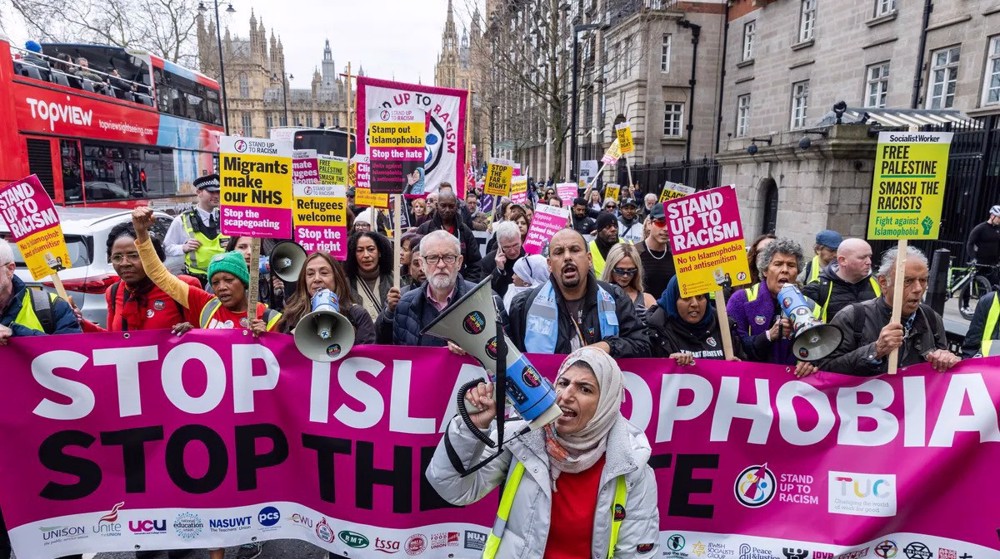
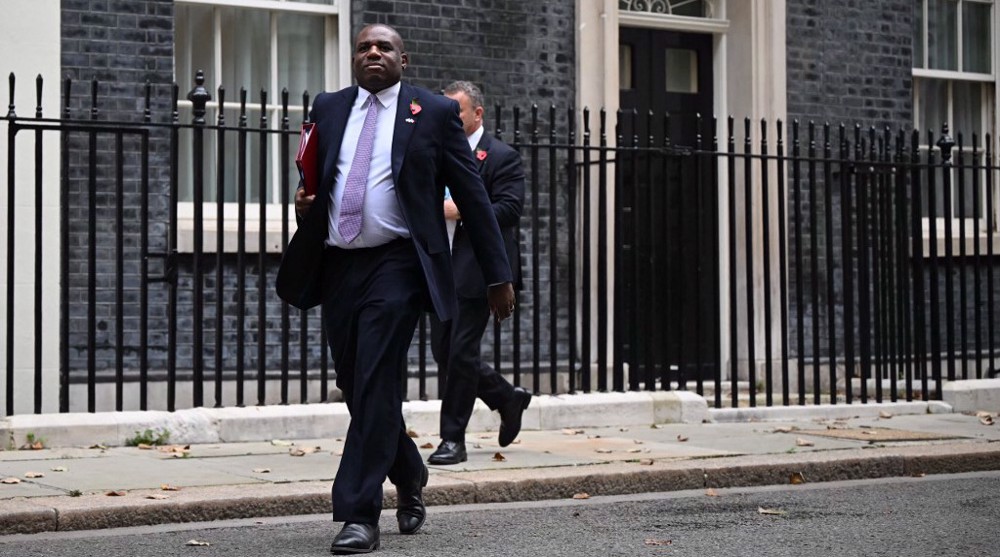
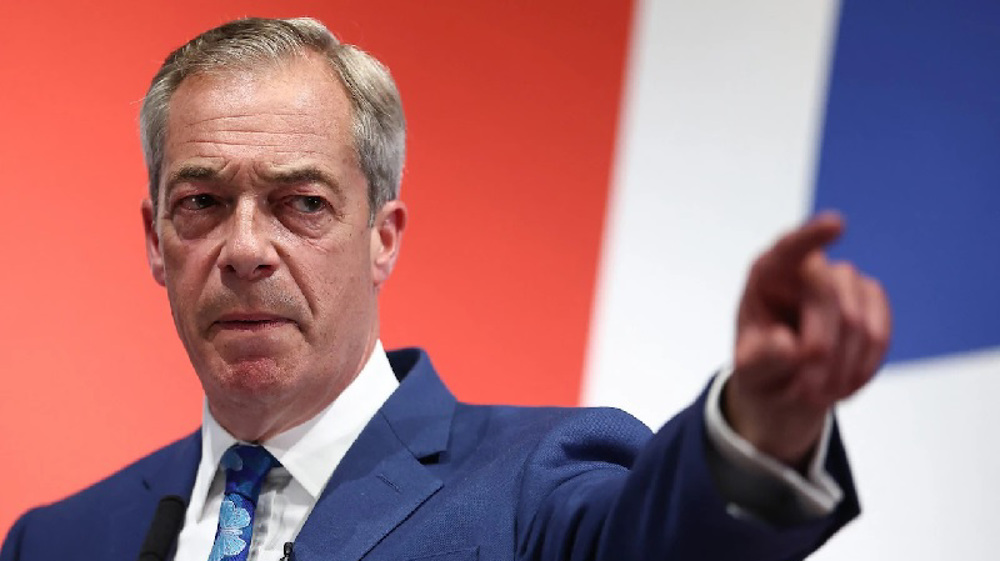



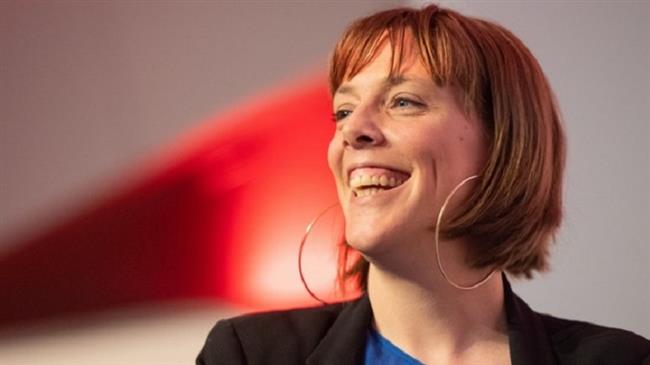
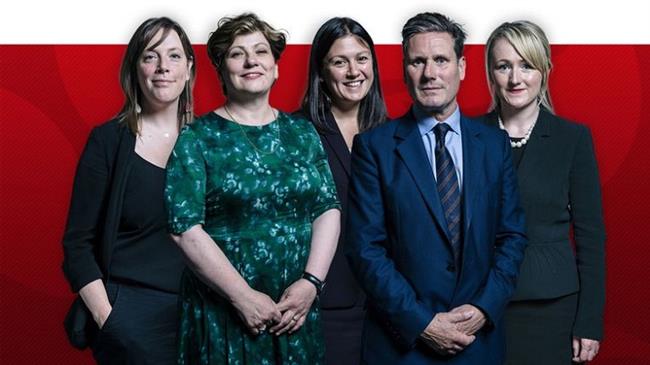
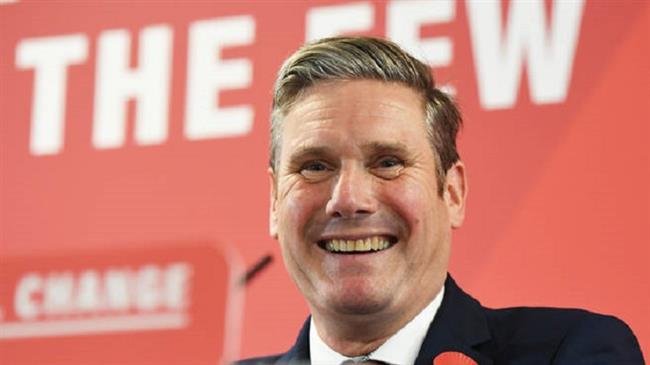
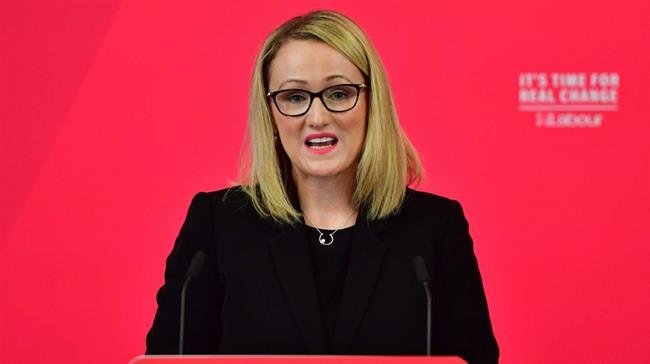

 This makes it easy to access the Press TV website
This makes it easy to access the Press TV website